It is an “advanced age that opens up new challenges”. The Live Science Center (CCV) of the Algarve, in Faro, celebrated its 24th anniversary last Tuesday, August 3rd, with its eyes set on the future.
In addition to the activities open to the public, the day was marked with the opening of the temporary exhibition “Paleoenvironmental reconstructions of Mozambique 252 million years ago – Converging Geosciences with Art and Communication”, authored by students from the Animated Image course at the University from the Algarve (UAlg), and with the closing of the time capsule “Covid-19: Thoughts for 2030”.
In statements to the Sul Informação, Cristina Veiga-Pires, director of the Centro Ciência Viva do Algarve, considered that, at the end of these 24 years, this CCV is already «a reference».
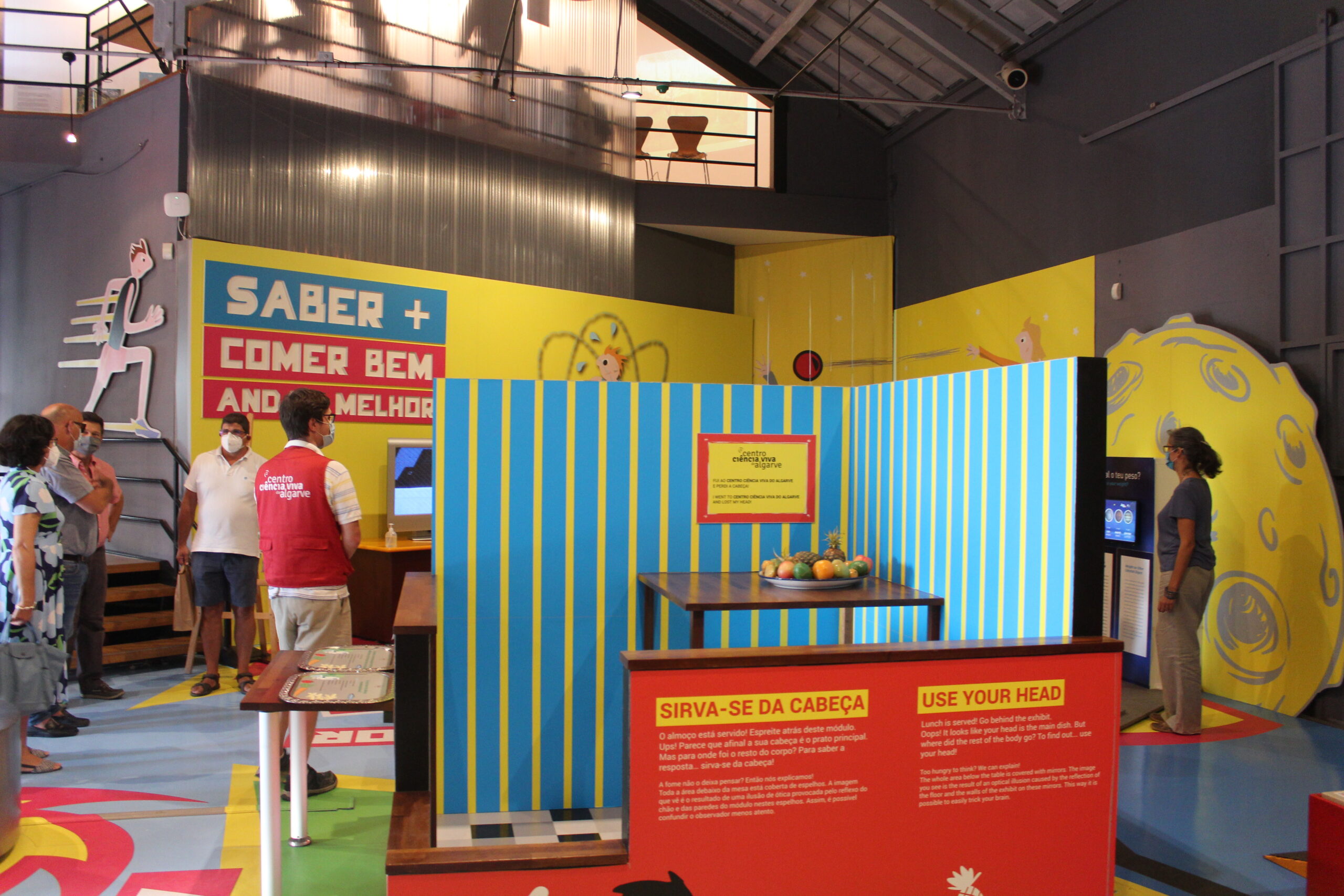
“We are reaching a milestone of national and international recognition, which I find very interesting. We managed to get here, at this age, and we have had good comments», he said.
Since March 2020, the life of the Centro Ciência Viva do Algarve has also been profoundly changed due to the pandemic.
This last year and a half «was complicated», recognizes Cristina Veiga-Pires, but Covid-19 did not prevent this space from reinventing itself.
“We went digital a lot and developed new activities, for example on Youtube, which I think were very interesting and we even intend to continue when normality returns. A Ciência Viva Center must work with the community, young people and associate research with this. I think we are on the right path», he said.
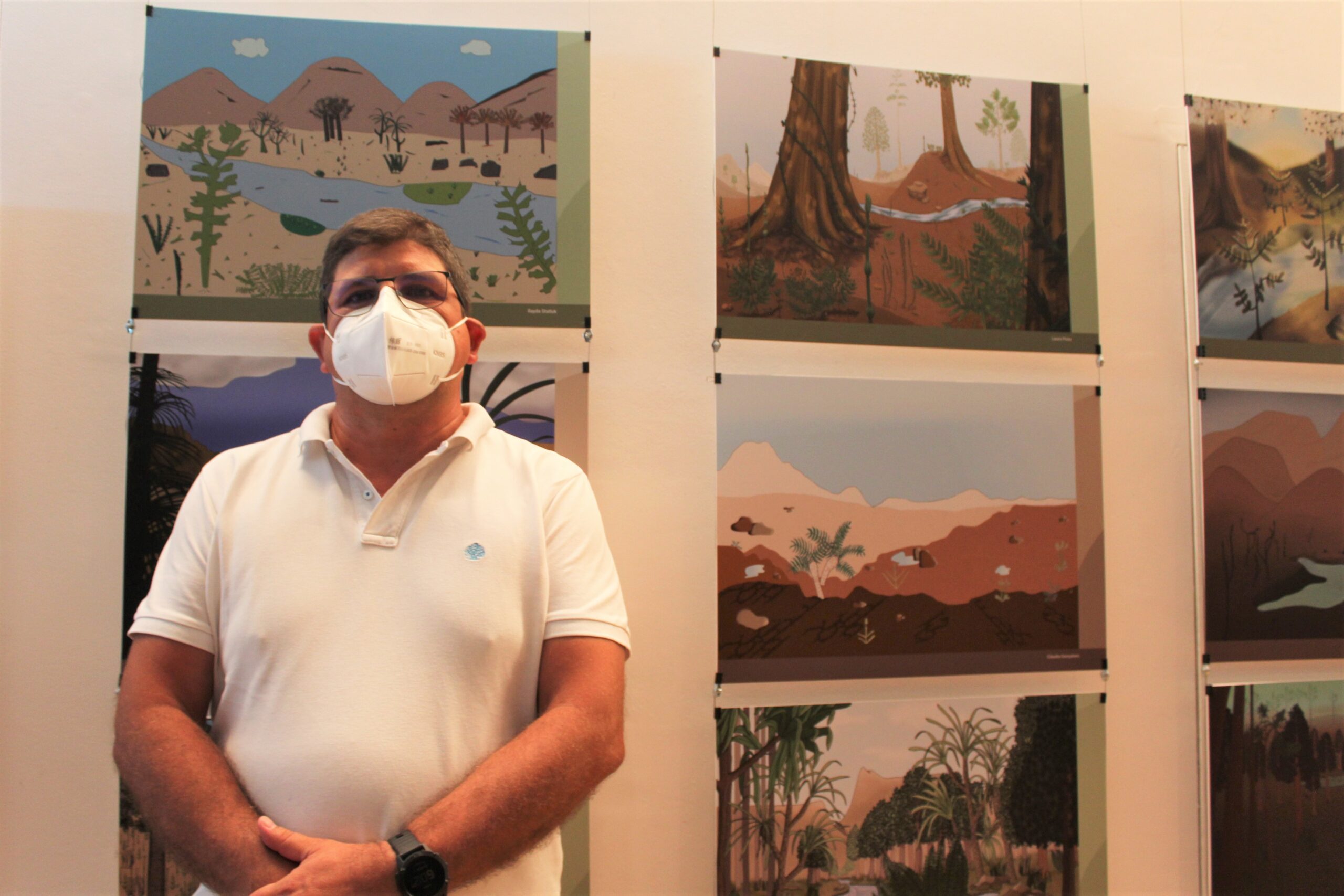
For the next few years, this space foresees «several projects», one of them, already approved by the Regional Coordination and Development Commission (CCDR) of the Algarve, «for the development of digital teaching resources for professional courses on the ocean».
“We are also going to continue the research on plastics, on seahorses and pollution”, guaranteed Cristina Veiga-Pires.
All for the same purpose: to bring the population closer to the Ciência Viva Center and vice versa.
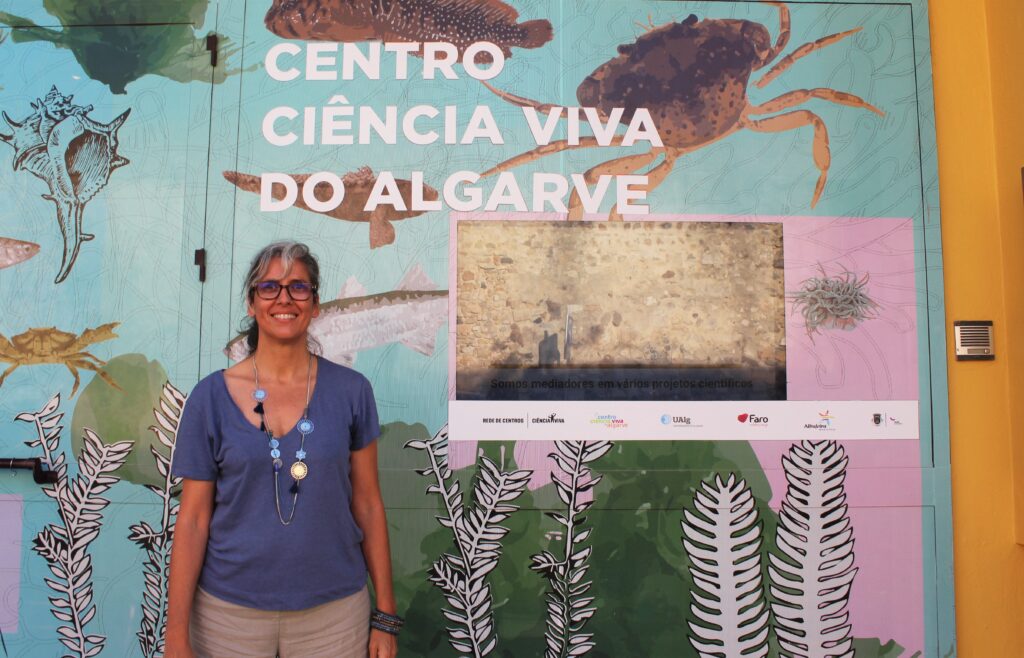
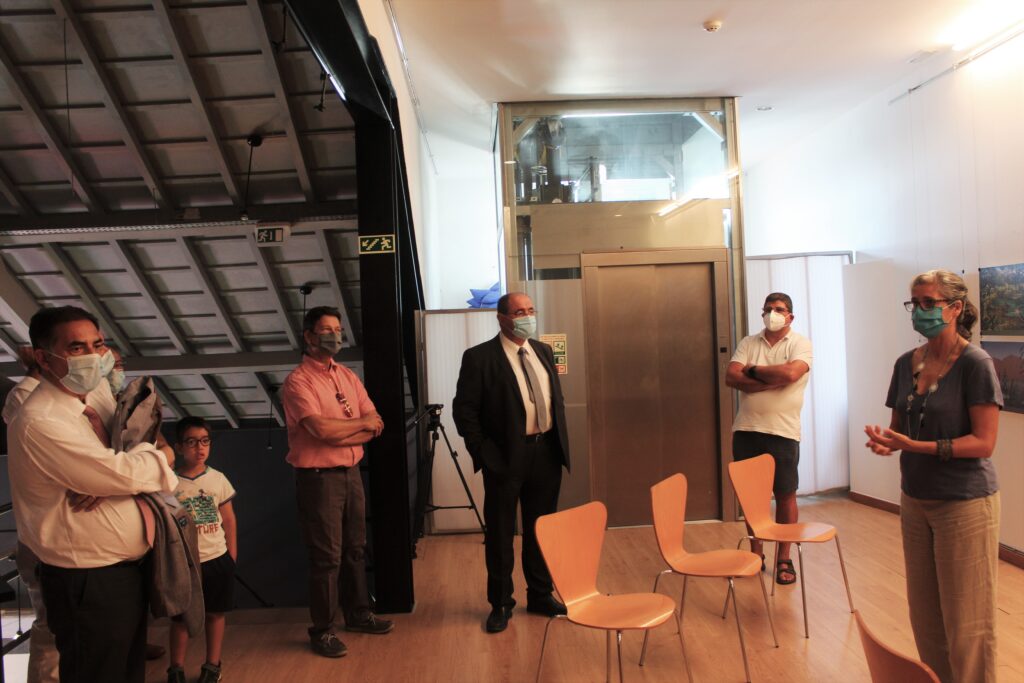
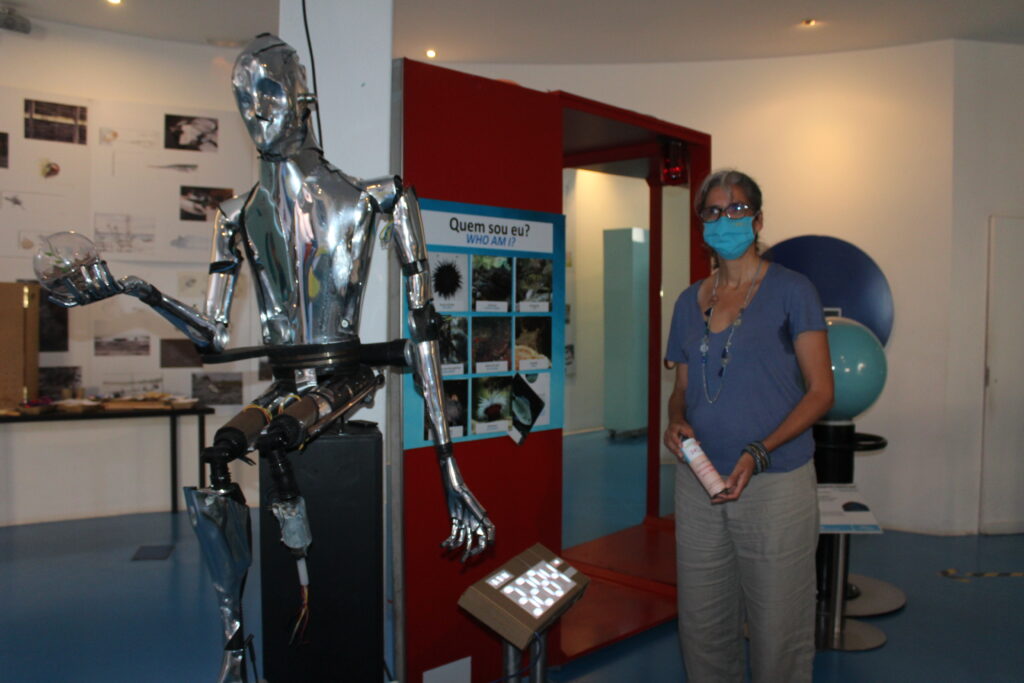
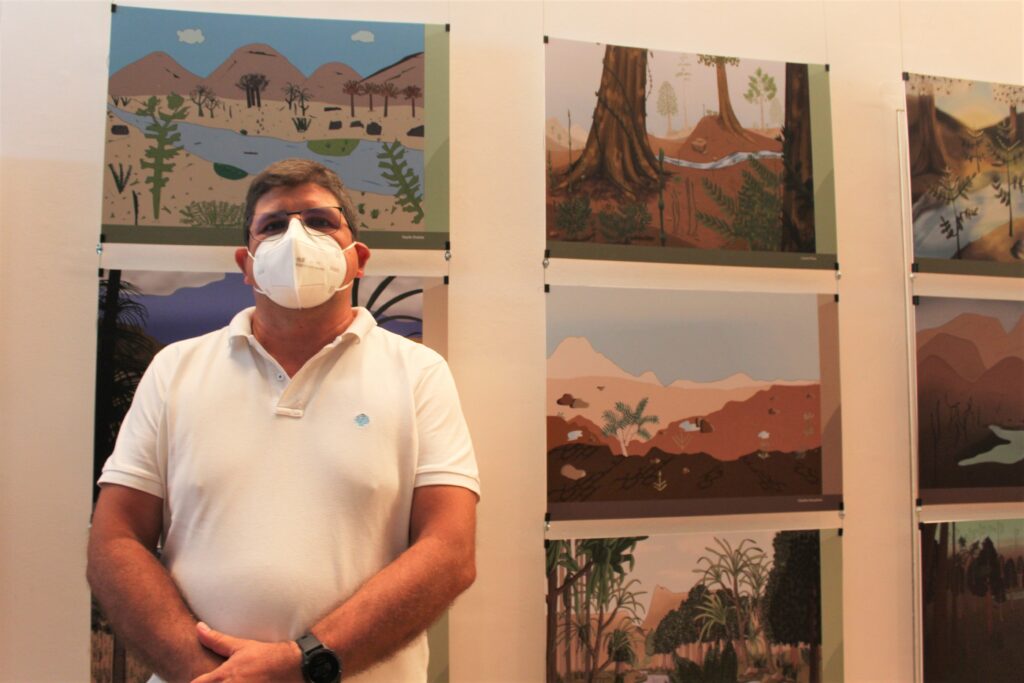
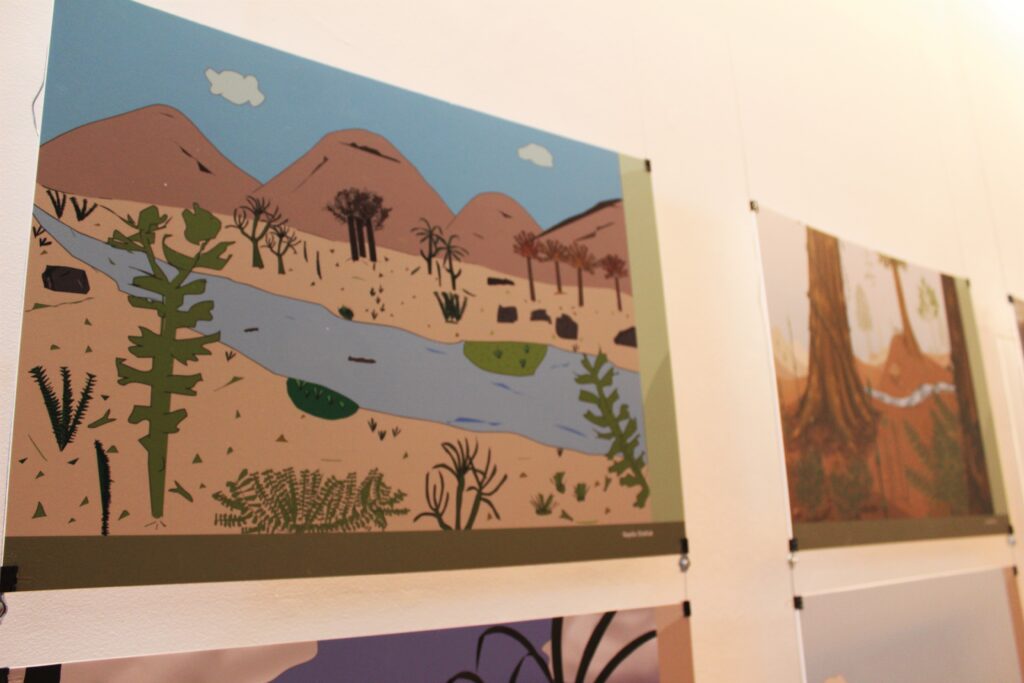
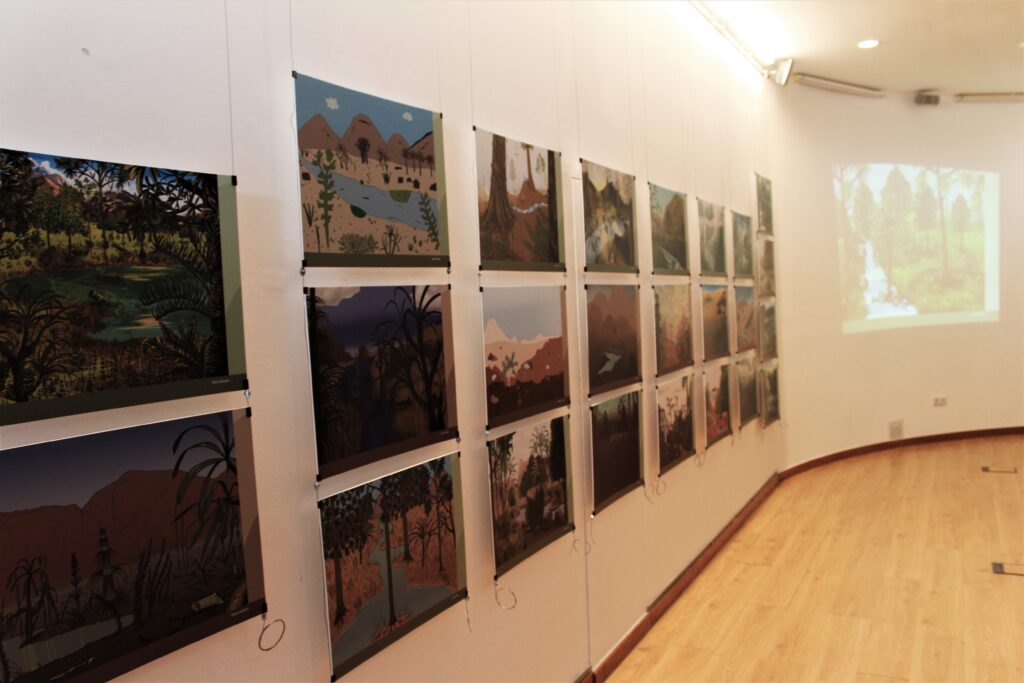
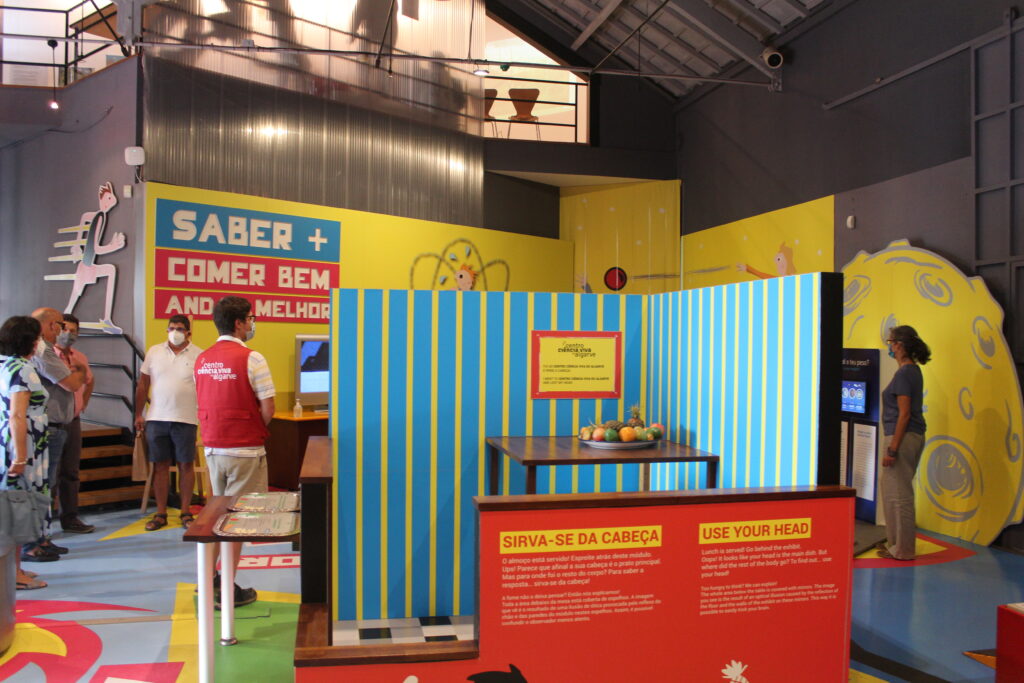
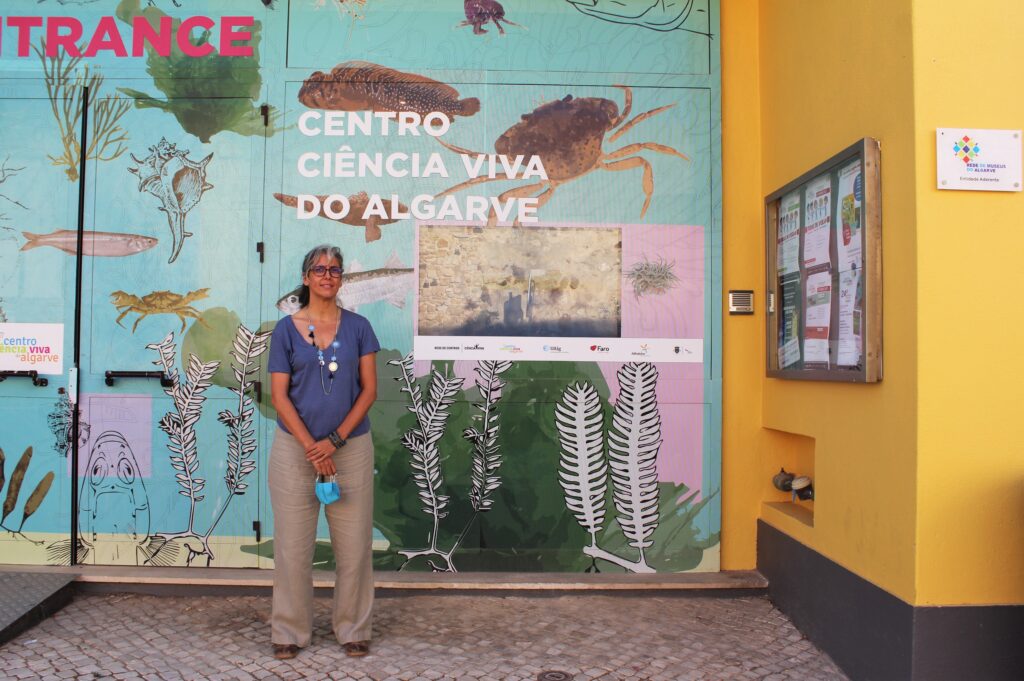



















Comments